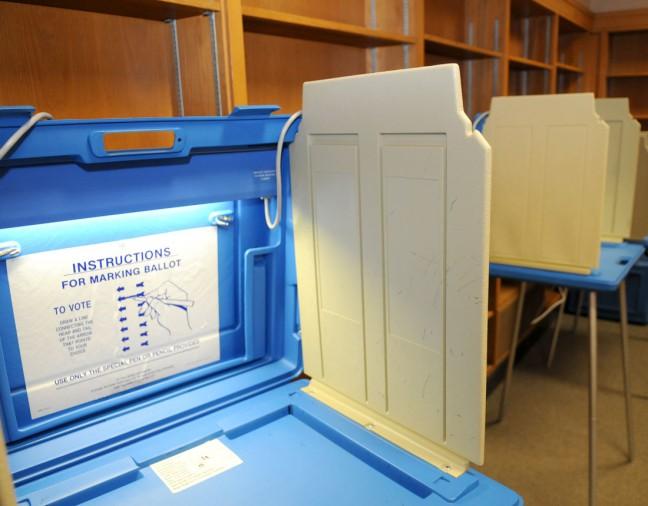On the eve of the presidential election, the Real Clear Politics average of national polls showed Hillary Clinton with a three percent lead over Donald Trump. In the end, she would win the popular vote, but by a much smaller margin. Defenders of polling can therefore say the polls were correct, but this becomes a problem when we look at the critical battleground states.
In Wisconsin, Clinton never bothered to visit because she thought she was locked to win here based on the polls. The average for our state showed Clinton leading by a margin of 6.5 percent over Trump. Even the highly respected, almost always accurate Marquette Law School poll showed her up by 6 percent (though polling director Charles Franklin did note a large shift in reaction to the FBI’s investigation of Clinton’s emails).
Trump, Johnson sweep Wisconsin in historic night for Republicans
Marquette isn’t the only victim. Wisconsin Public Radio and St. Norbert College conduct a poll together, but their poll was even more inaccurate.
Polls were off in other critical battleground states too, like Pennsylvania and Michigan, where Clinton was shown to be ahead substantially, but Trump still won in the end. Even in states where Clinton won, it should be recognized the polls were still vastly off. In Minnesota, the last polls indicated she would win by a margin of 8 to 10 percent rather than the actual 1.5 percent margin.
The U.S. is not the only country that suffered from inaccurate polls. In the United Kingdom, it looked like the remain camp on European Union membership was going to prevail. Britons were shocked when the results showed the leave side had won.
Another case is Colombia, where a referendum was held that would approve a peace agreement between the government and the Revolutionary Armed Forces of Colombia, a rebel organization. Despite every poll predicting victory for the treaty, the world was surprised when voters narrowly rejected it.
UW professors determine Trump’s ‘rating bonanza’ led to success in polls
Yet for all these errors in 2016, this year is turning out quite different for polling accuracy (at least so far). It was conventional wisdom Geert Wilders and the Party for Freedom in the Netherlands would slide into an easy win and continue the anti-establishment wave occurring across the western world. People believed this because the polling showed it, but at the last minute the party’s poll numbers collapsed to second place.
This time the polling was accurate. The Party for Freedom did take second place, with the incumbent center-right People’s Party for Freedom and Democracy remaining as the largest party in the Dutch House of Representatives.
What about back home? The U.S. will only have a handful of elections in 2017, but they could help the pollsters regain the credibility they lost. Two gubernatorial elections will be held in Virginia and New Jersey. We are a long way off from knowing who the nominees will be of the two parties, but pollsters are already at work in the primaries.
As for Wisconsin, the first major elections will be for governor and senator in 2018. The race will be very interesting because many people today prefer straight-ticket voting. It is very likely the incumbents of both offices, one a Republican and the other a Democrat, will both be running again. This could make the job for pollsters like Marquette and St. Norbert difficult, especially if many people are undecided about which party to support, but it also offers the opportunity to restore credibility.
A lot of critics believe polls are only used to influence public opinion rather than simply allowing the public themselves to observe what a country or state thinks about an election or an issue. I don’t think this is true. People who run polling firms want to be credible. If they weren’t, then there wouldn’t be any reason for them to exist and they’d garner no media attention.
Accurate polling has great benefits. It allows lawmakers to understand what their constituents want, it allows for debates about the merits of a certain policy that might not be popular, it gives the media new information to digest, it helps candidates strategize and it allows individuals to understand where their views are compared to others. But all of this can only happen if the polls are accurate in elections. If not, then no one should waste their time on them.
John M. Graber ([email protected]) is a junior majoring in history and political science.





















